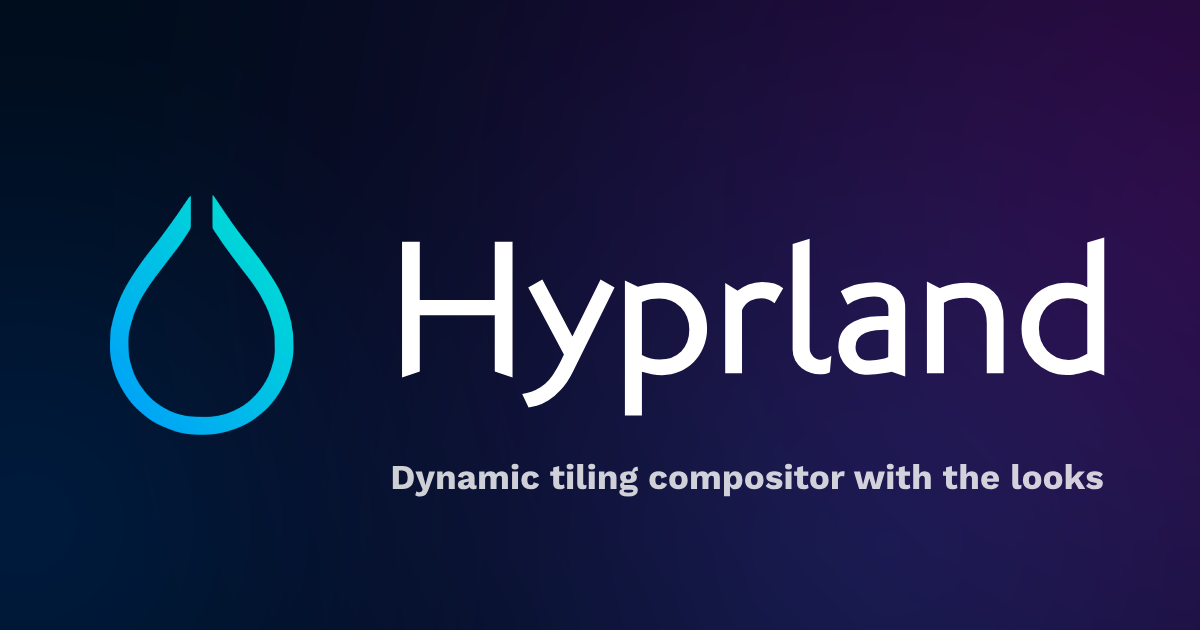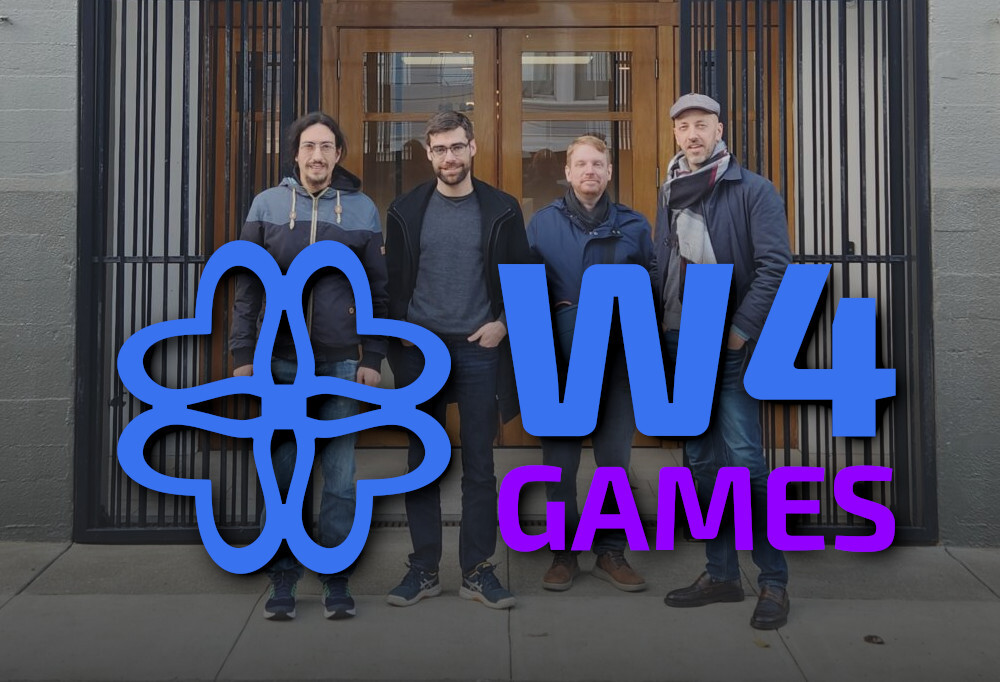- 12 Posts
- 298 Comments

 3·5 days ago
3·5 days agoYou’re right. I’ve read somewhere that Apple plans to work with GSMA to add encryption to the official RCS standard, so this major issue hopefully gets fixed at some point.

 2·5 days ago
2·5 days agoYeah, I’m not sure whether Bitwarden always had support for exporting the vault on mobile, but it’s an awesome feature.

 1·5 days ago
1·5 days agoRCS isn’t E2E, and it doesn’t minimize metadata.
Moxie Marlinspike has been strongly against federation in Signal because of how it makes avoiding metadata almost impossible.
I’d say there’s basically zero chances Signal will add RCS.

 4·5 days ago
4·5 days agoI’d argue XMPP is less ideal than Matrix because groups are located on a single server, which makes them easier to take down than Matrix’ replicated state.
Running any P2P/decentralized protocol over I2P seems to be the best for privacy and censorship-resistance. I2P already works great for torrents, except for it’s speed and lack of users/seeders.
The problem always comes down to usability and barrier to entry. Telegram is popular because it’s great to use, and doesn’t moderate much. More private services rarely (never?) reach the level of usability most people expect, often simply because of it’s architecture.

 3·21 days ago
3·21 days agoSince most of the fediverse is run by volunteers, blocking ads isn’t much of a concern.
Though I do agree with the sentiment and I love Firefox + uBlock Origin on my phone.
After using Fedora Atomic for around a year, I’ve switched my mom over from Linux Mint. Since then a few years’ve gone by and there’s been no issues with automatic updates failing or not applying. That’s awesome compared to regular issues with dpkg errors because of shutdown/power loss while updating.
Obviously release upgrades still require manual intervention, but that’s an hour once a year for updating and testing if everything works as it should.
Personally I’ve switched to NixOS, because even with ublue image-based OS aren’t great for configuring window managers. In general, image-based OS are especially awesome for long-running, low maintenance systems. I wouldn’t want to use an OS which doesn’t provide some kind of rollbacks anymore (btrfs snapshots is the minimum).
Edit:
Do you feel it’s worth it to learn the nuances of their use?
Fedora Atomic is almost identical to regular Fedora, the difference is mostly how the root filesystem is managed:
The former are files from rpms get copied to an ostree image, which then gets mounted as the root file system.
For the latter dnf copies files from rpms to the root file system.
[…] did you manage to properly run AppImages […]
They always worked flawlessly on everything except NixOS (because of no FHS-layout). Through distrobox they should work on any distro.
[…] trying to install Outline VPN […]).
These kinds of not properly packaged apps are a big issue with ostree based systems. VPN provider apps need to be natively installed and usually aren’t available in repos.

 4·1 month ago
4·1 month agoTranscoding and transcoded downloads does not seem to be merged yet, altough there’s a working PR.

 7·1 month ago
7·1 month agoThe Lemmy equivalent to a Reddit subreddit is a community.

 3·2 months ago
3·2 months agoWell, it seems my reading skill deteriorated to a surprising extent. You’ve even mentioned handbrake in your post…

 5·2 months ago
5·2 months agoBuilding MakeMKV seems to require a binary, which is unfree. I assume this is the reason it’s not in official distribution repos (except Nix and FreeBSD).
It’s in the AUR and Nixpkgs, both automate building it from “source” (+binary). MakeMKV is in FreeBSDs official repos, according to pkgs.org.

 2·2 months ago
2·2 months agoAlmost all oft their breaking changes over the last few months were about their docker-compose setup and the simplification of the same. They’ve startend out with multiple purpose-specific (micro) containers, which turned out as a Bad design decision. These changes require manual intervention but seem to be mostly finished, so I don’t expect these to be many breaking changes in the forsseeable future.
The better you plan ahead, the fewer breaking changes you have to impose on your users.
I agree. From what I’ve read, they now have (published) plans for what’s ahead.

 26·2 months ago
26·2 months agodesec.io can be used with any domain registrar and has an API with support for various ddns clients (ddclient, lego).
deSEC is a free DNS hosting service, designed with security in mind.
Running on open-source software and supported by SSE, deSEC is free for everyone to use.
Edit: To clarify, desec.io does not sell/rent domains. Desec has to be set as the authoritative nameserver on the registrar, then desec can manage domain records instead of the registrar (which usually also provides their own domain hosting for “free” by default).
It might depend on the particular bridges, but all mautrix- bridges work great for me with conduit. In a way adding bridges to conduit is easier since it’s all done through the admin room on conduit.
Immich recently changed license from MIT to AGPL. As far as I understand they can’t sinply relicense to a non-free license unless they redo a good chunk of code from the last half a year.
If they still used the MIT license I’d be worried too.

 2·3 months ago
2·3 months agoI personally would be hesitant to host Immich publicly until they’ve done a security audit. The risk of accidentally exposing my photos publicly is too big for me.
That’s why I recommend using Tailscale or Wireguard directly. Personally I’m using Wireguard for me and Tailscale for other people I want to easily access my services.

 5·3 months ago
5·3 months ago(Of course, not realistic if you have 500GB of music and no SD card slot in your phone)
That’s the problem right there. SD card storage is so cheap, but the manufacturers don’t include a slot for it.

 19·3 months ago
19·3 months agoIt’s a sad day. E.g. former MEP Felix Reda did incredible work around the time of the 2017 EU copyright reform and helped the protests through transparency.
Now with the risk of badly written laws enabling (atm. restricted) surveillance, we’d have needed them more than ever. Luckily there’s still MEPs from the Czech Republic in the EU parliament.

 7·4 months ago
7·4 months agoTorrents are based on the idea that everyone using them pays for it with their bandwidth and hardware cost. Except for those leechers who don’t share.
I’m paying more for my seedbox than for my usenet subscription. If I used my own hardware I’d pay with stress on my hardware, e.g. the disks aging and failing earlier because of seeding. The power consumption is also not negligeble, altough the server is also used for other purposes.
With private trackers this idea of an equal exchange is more obvious because of ratio requirements.
Edit: I’d say it’s similar to open source in that no single individual has to pay for it, but someone does have to, for it to exist. Most often with their (valuable) time and knowledge. If no one helps out and does their part (through money or time+knowledge), a project won’t survive for long. Same is true for torrents.

 7·4 months ago
7·4 months agoI will be surprised if Spotify won’t announce a new more expensive HIFI subscription with their support for lossless audio. Imo this still makes it less interesting than Tidal/Deezer/Qobuz since it’ll still be impossible to permanently download music from Spotify.
Nonetheless it’s great that Spotify will provide lossless audio for those who want it.















They do basic checking for known malware.